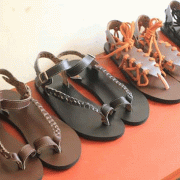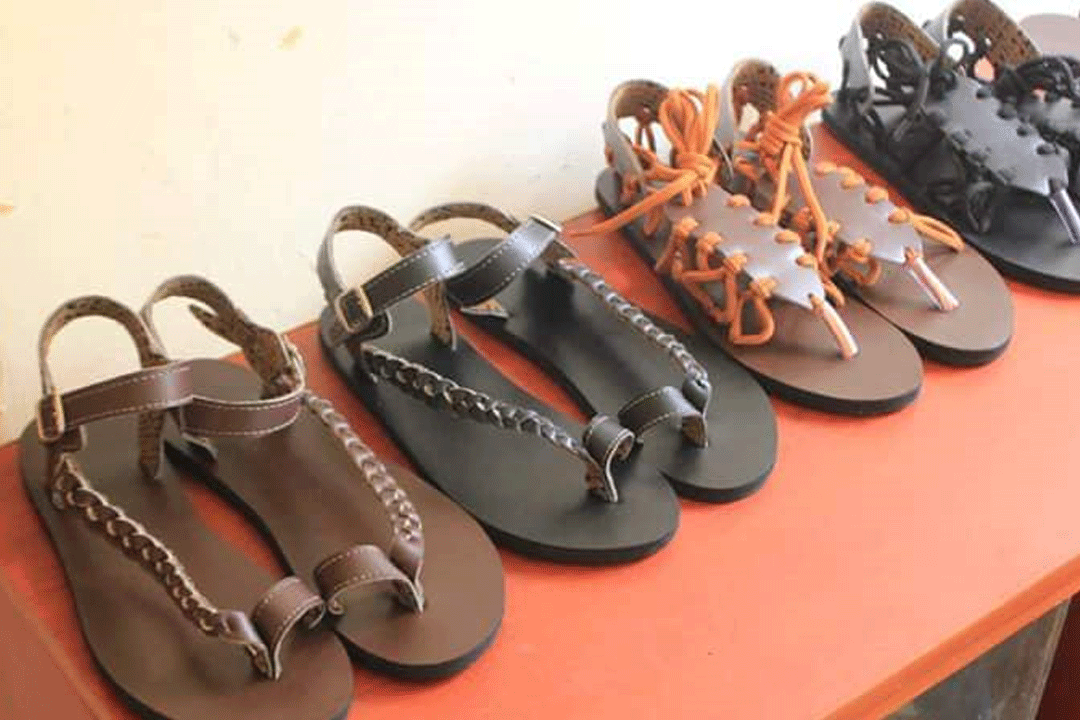Minister Asks Cooperatives to Form their Own Bank
State Minister for Cooperatives, Hon. Frederick Gume Ngobi has advised cooperative unions to form their own bank so as to compete favourably.
“Be dynamic, and react to your problems spontaneously. You cannot keep referring to the Bible verse which says, the way it is in the beginning; so shall it always be at the end. We are living in a new era of a liberalised economy,” he said, adding:
“I will keep reminding you to form your own bank. The commercial banks have profits, yet for you, you have savings.”
“With your own bank, it will be easier for your members to access credit,” the Minister said.
Hon. Gume was addressing delegates attending the 44th Annual General Meeting of the Uganda Cooperative Savings and Credit Union (UCSCU) held at the Grand Imperial Hotel on 28 September 2018.
Some cooperators have welcomed the idea to form a new bank, saying that cooperatives have the ability to mobilise ample resources.
Mr. Sylivester Ndiroramukama, the CEO of UCSCU said, “This is long overdue. We can mobilise ourselves and raise resources. If every institution buys shares in the bank, we will be able to raise enough.”
Mr. Ndiroramukama said that cooperatives should start the process, and government can support later. He maintained that emphasis should be on ownership, for proper administration and control. Mr. Ndiroramukama further advised that it is important for the name of the bank to change, so that it does not inherit the liabilities of the defunct cooperative bank.
Access to affordable credit remains a challenge for many cooperatives, especially start-up farmer cooperatives in rural areas, which cannot meet the stringent terms of commercial banks.
Yet for a while now, there have been several discussions pertaining to the revival of the defunct cooperative bank, with minimal substantive action.
In 2018, a feasibility study was conducted by Uganda Cooperative Alliance (UCA). UCA General Secretary, CPA Ivan Asiimwe has advised that the best way to revive the Cooperative Bank is through initial 100% financing by government and gradual divestiture to cooperatives and the public, once the bank has stabilized.
The Cooperative Bank was dissolved in 1999. A liquidation report for the defunct bank has hitherto not been produced by Bank of Uganda.
The post Minister Asks Cooperatives to Form their Own Bank appeared first on The Cooperator News.


